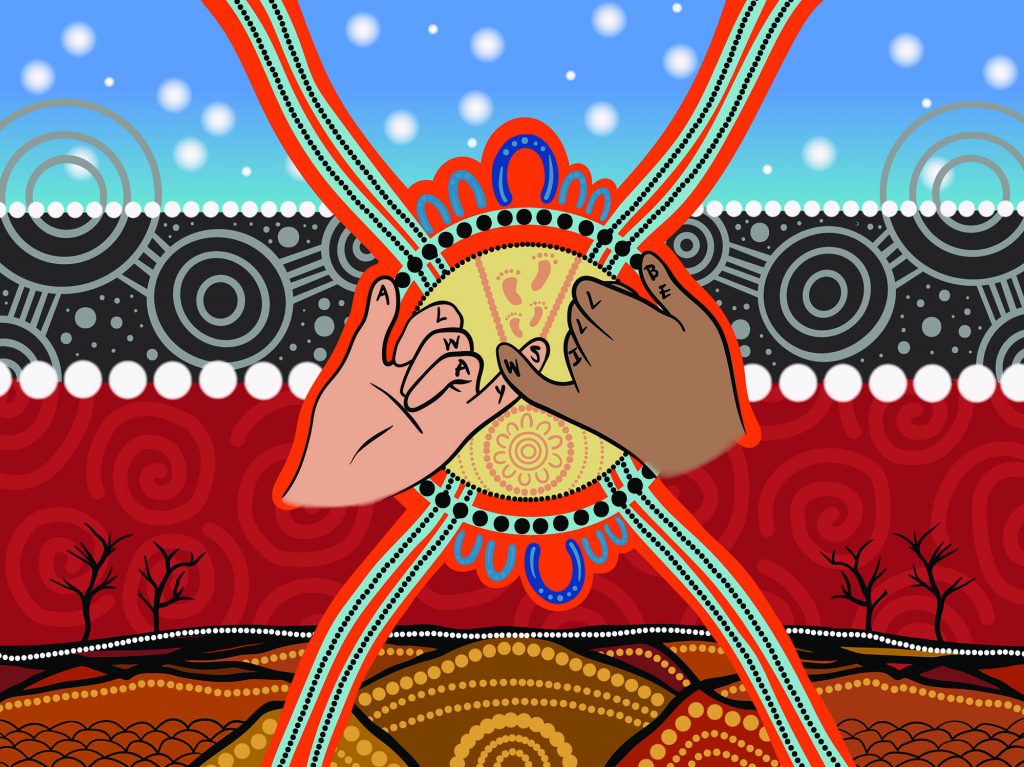As a young person detained in Adelaide’s Youth Justice Centre, you have special rights. These rights are set out in the Charter of Rights for Youths Detained in Youth Justice Facilities. If you feel that your rights are not being met and you are not being listened to, we can help.

- To be treated equally, and not treated unfairly because of your sex, sexuality, race, religion, disability or other status.
- To be treated with respect and dignity by staff and to be kept safe while you are in the youth justice centre.
- To be given a copy of and have explained to you the rules of the centre, and rights and responsibilities, in a language that you can understand.
- To see a doctor or nurse whenever you need to, have your health assessed soon after you arrive, and to receive proper healthcare.
- To receive help for your mental health if you need it, and to be transferred to a mental health facility for treatment if required.
- To get help if you have problems with drugs or alcohol.
- To have special care and protection if you are vulnerable or have special needs.
- To have regular contact with your family and friends through visits and phone calls.
- To get help to see a lawyer, and to talk to them privately.
- To have an interpreter for formal meetings or medical examinations if you are not fluent in English.
- To get information and news about what is happening in the world.
- To have a say in decisions about your rehabilitation and other issues that affect you.
- To participate in activities and programs that help your rehabilitation.
- To continue your education, or to do training to learn useful skills for work.
- To get exercise every day, and to go outside every day except in bad weather.
- To have enough good food (including food that is suitable for your culture or religion, or dietary requirements), and to have drinking water available whenever you need it.
- To have clean clothes, and to wear your own clothes if you go out of the centre.
- Not to be punished unfairly, and only in accordance with the rules of the centre or the law.
- Not to have force used against you, or restraints used on you, unless absolutely necessary, and never as a punishment.
- Not to be isolated from other young people unless necessary to keep you or others safe, and never as a punishment.
- To practice your religion or express your culture and, whenever possible, to participate in cultural celebrations and see religious or spiritual advisors.
- If you are Aboriginal or Torres Strait Islander, whenever possible, to participate in cultural activities and celebrations with other Aboriginal or Torres Strait Islander people.
- To make a complaint about your treatment to an independent person (like an official visitor) and to be told what happens with your complaint.
- Before you leave the centre, to get help with somewhere safe to live and ongoing support.

